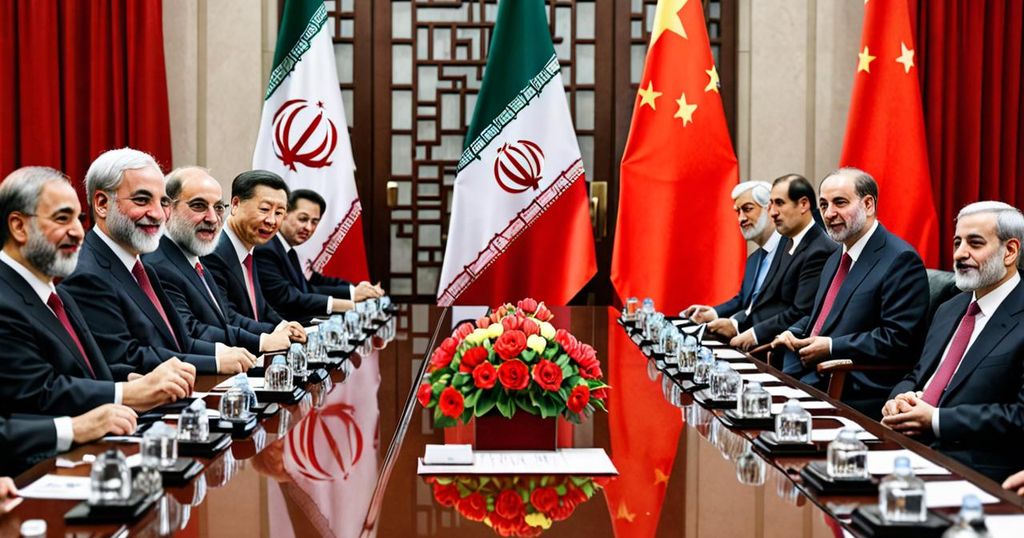The ongoing and widely discussed issue of lowering the voting age has sparked significant interest. On one side, proponents argue that teenagers should be granted the right to express their political views, while on the other side, concerns are raised about their readiness to make well-informed decisions.
In the majority of countries and territories, the minimum voting age is 18. Nevertheless, there has been a recent trend towards lowering this age in specific locations. For example, Argentina, Brazil, and Austria permit 16 or 17-year-olds to partake in elections.
Advocates contend that voting is an inherent human right, and according to human rights treaties, there is no specific age restriction for these rights. They assert that denying adolescents the right to vote contradicts the principles of equality and non-discrimination. Additionally, studies have demonstrated that many 16-year-olds possess the cognitive and critical thinking capacity to make independent political decisions.
Conversely, opponents express apprehensions about teenagers’ susceptibility to manipulation, lack of political involvement, and limited cognitive abilities to make knowledgeable decisions. They argue that lowering the voting age could disrupt electoral dynamics and favor certain political factions. Nevertheless, further research is required to substantiate these assertions.
Notwithstanding the arguments against lowering the voting age, many experts assert that expanding the franchise to adolescents could lead to increased political interest and participation. It may also influence legislation, political priorities, and budget allocations that directly impact young individuals.
Nevertheless, advocating for a lower voting age also entails potential risks. Detractors argue that it could prompt discussions about decreasing other age thresholds, such as the right to drive, consume alcohol, or marry. There are also concerns that introducing more young voters into the electorate could disrupt the political landscape. Furthermore, legal action and contentious processes would be necessary to alter the voting age.
In conclusion, the rights of children to engage in political life as their capabilities progress are acknowledged by the Convention on the Rights of the Child. It is imperative that any promotion of lowering the voting age is underpinned by evidence and substantive adolescent participation. Further research is essential to fully comprehend the ramifications of enfranchising adolescents and to address potential protection concerns.
The issue of whether teenagers should be permitted to vote is a intricate and multi-faceted matter that necessitates thorough contemplation and extensive research. As the debate persists, it will be crucial to consider various factors, including the potential impact on adolescents’ development and the overall democratic process.








